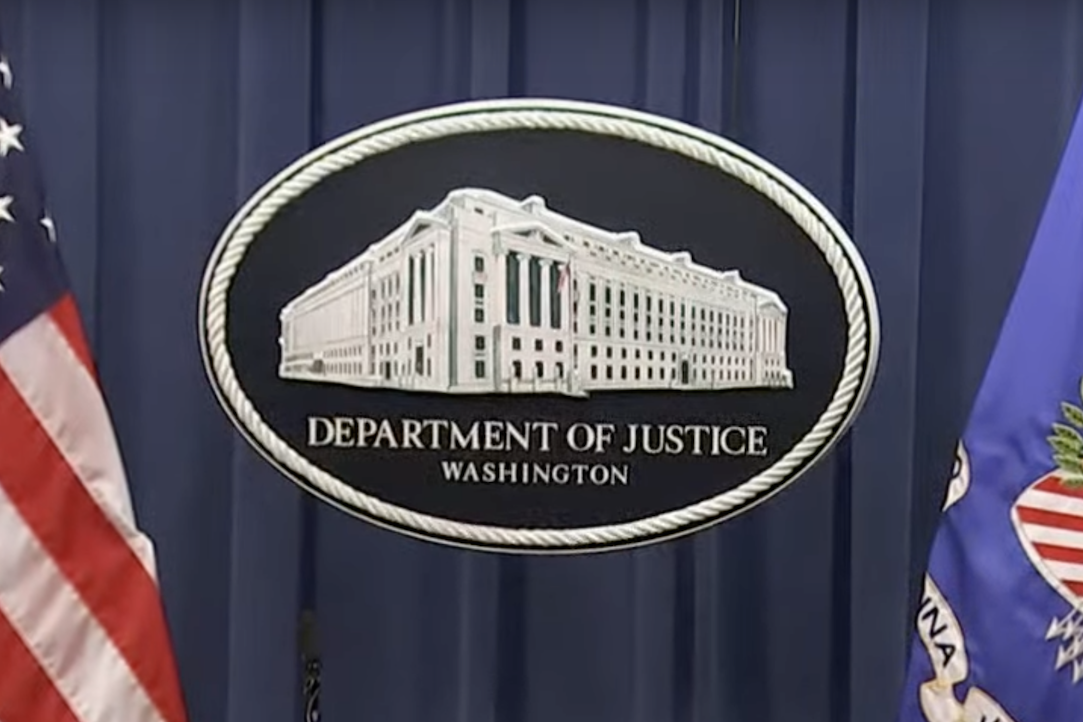
The policy, which was developed in response to an agency memo published in September 2022 by Deputy Attorney General Lisa Monaco (the Monaco Memo), was prepared by a Corporate Criminal Enforcement Policy Working Group, comprised of U.S. attorneys from geographically diverse districts.
The policy, effective immediately, details the circumstances under which the DoJ will deem a company to have made a voluntary self-disclosure of misconduct to a U.S. Attorney’s Office (USAO). “The policy provides transparency and predictability to companies and the defense bar concerning the concrete benefits and potential outcomes in cases where companies voluntarily self-disclose misconduct, fully cooperate, and timely and appropriately remediate,” the DoJ stated.
“The goal of the policy is to standardize how voluntary self-disclosure are defined and credited by USAOs nationwide, and to incentivize companies to maintain effective compliance programs capable of identifying misconduct, expeditiously and voluntarily disclose and remediate misconduct, and cooperate fully with the government in corporate criminal investigations,” the agency added.
“The new Voluntary Self-Disclosure Policy sets a nationwide standard for how U.S Attorney’s Offices will determine whether a company has made a voluntary self-disclosure, and makes transparent the specific, tangible benefits to a company for making a voluntary self-disclosure, fully cooperating, and remediating the criminal conduct” said Breon Peace, U.S. Attorney for the Eastern District of New York.
“As a result, no matter where in the country a company operates, it can rely on receiving the same treatment and benefits for voluntarily self-disclosing criminal conduct to a U.S. Attorney’s Office,” Peace added. “We hope and expect that companies, as good corporate citizens, will take advantage of this new policy to report criminal misconduct by employees and agents when they become aware of it, so that individual wrongdoers can be held accountable. When they do, they will have far better and more predicable outcomes under this policy.”
Damian Williams, U.S. Attorney for the Southern District of New York, said, “The new Voluntary Self-Disclosure Policy is an important step forward in encouraging corporate accountability. This transparent and clearly delineated policy allows for more predictable outcomes and seeks to incentivize corporations to do the right thing by reporting wrongdoing before detected by regulators and law enforcement.”
“We hope that this new policy has a long-lasting, nationwide effect in promoting honest corporate culture and leads to more companies getting ahead of financial malfeasance before authorities come to them,” Williams added.
Policy Details
Under the new policy, according to the DoJ, a company is considered to have made a voluntary self-disclosure “if it becomes aware of misconduct by employees or agents before that misconduct is publicly reported or otherwise known to the DoJ, and discloses all relevant facts known to the company about the misconduct to a USAO in a timely fashion prior to an imminent threat of disclosure or government investigation.”
“A company that voluntarily self-discloses as defined in the policy and fully meets the other requirements of the policy, by—in the absence of any aggravating factor—fully cooperating and timely and appropriately remediating the criminal conduct (including agreeing to pay all disgorgement, forfeiture, and restitution resulting from the misconduct), will receive significant benefits,” including that the USAO:
- Will not seek a guilty plea;
- May choose not to impose any criminal penalty;
- Will not impose a criminal penalty that is greater than 50 percent below the low end of the U.S. Sentencing Guidelines fine range; and
- Will not seek the imposition of an independent compliance monitor if the company demonstrates that it has implemented and tested an effective compliance program.
The policy identifies the following three aggravating factors that may warrant a guilty plea, even if the other requirements of the policy are met:
- If the misconduct poses a grave threat to national security, public health, or the environment;
- If the misconduct is deeply pervasive throughout the company; or
- If the misconduct involved current executive management of the company.
For each case, the USAO “will assess the relevant facts and circumstances to determine the appropriate resolution,” the agency stated. If a guilty plea is required, the agency noted, the company will still receive the other benefits under the policy mentioned above. ![]()
Jaclyn Jaeger is a contributing editor at Compliance Chief 360° and a freelance business writer based in Manchester, New Hampshire.

